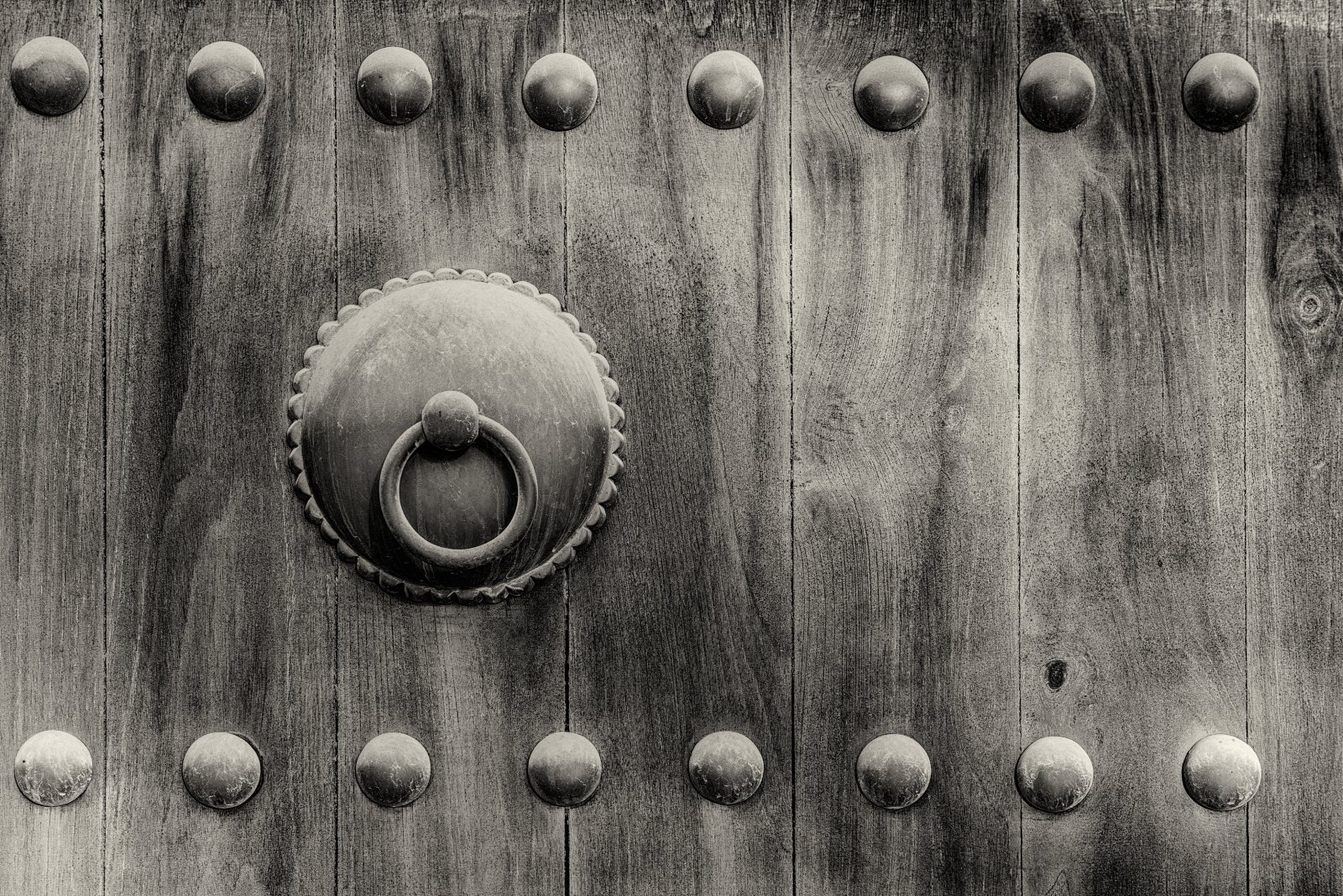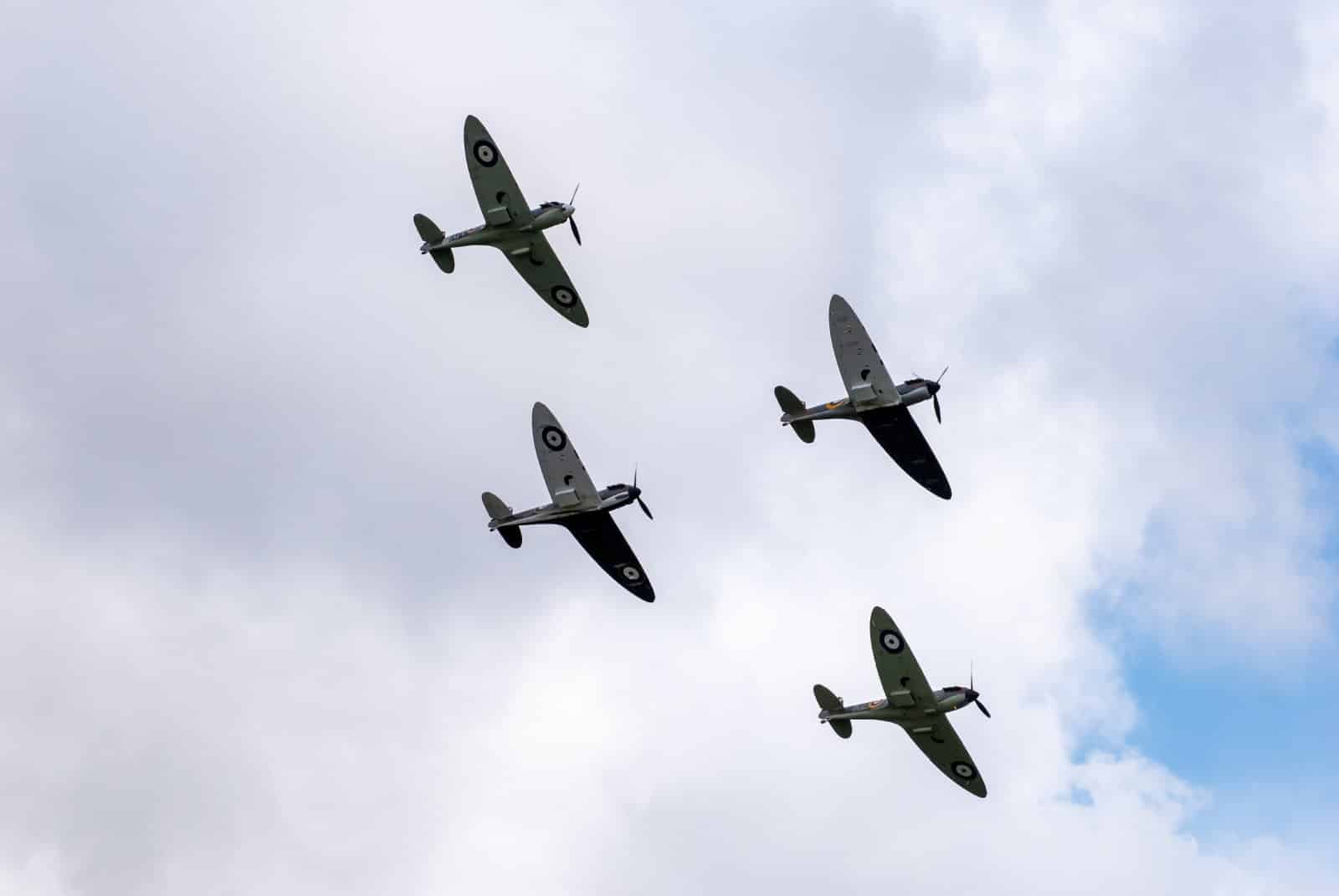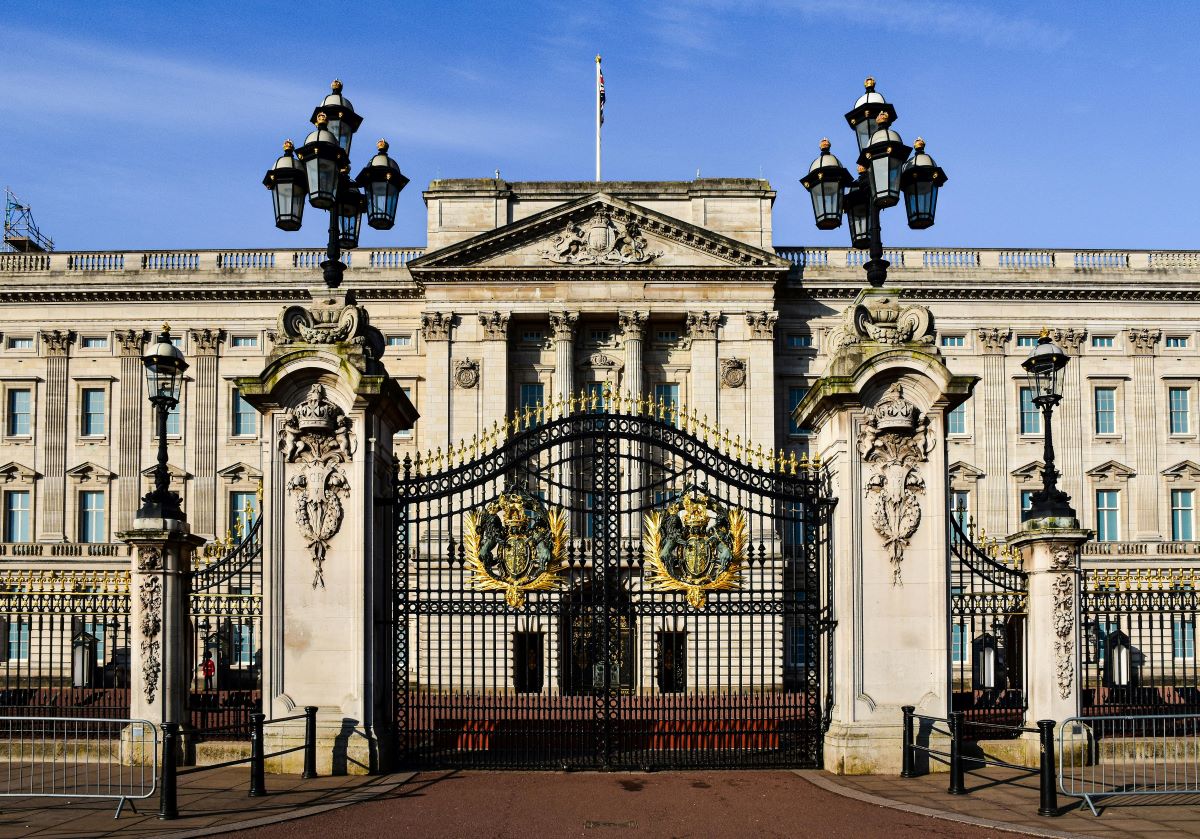Ever wondered about the peculiarly British origins of some of our most colourful phrases? From cheeky market scams to historical mishaps, how did these expressions become part of our daily natter?
1. Not Enough Room to Swing a Cat

Far from animal cruelty, this old naval phrase refers to the lack of space below decks to swing a ‘cat o’ nine tails’, a whip used for punishment.
2. Paying Through the Nose

Roots in the 9th-century Viking practice in Ireland might be a stretch, but by the time it crossed into British usage, it vividly described paying exorbitantly, as if it were as painful as a nosebleed.
3. The Real McCoy

Emerging during the steam engine innovations in Scotland, this phrase honoured Elijah McCoy’s reliable oil-drip cup invention. In Britain, it’s synonymous with the genuine article, especially in contrast to frequent imitations.
4. Bob’s Your Uncle

A uniquely British expression dating back to the 1880s when Prime Minister Robert Cecil appointed his nephew to a prestigious position, leading to accusations of nepotism. Now it simply means “and there you have it.”
5. By the Skin of Your Teeth

From the Old Testament originally but adopted with gusto into British English, this phrase means narrowly escaping disaster and is commonly used across the UK to describe close calls.
6. Dead as a Doornail

This phrase is used to describe something utterly lifeless and has been in English literature since Shakespeare’s time, immortalised in ‘Henry VI.’
7. To Steal Someone’s Thunder

Originating from the literal theft of a thunder-making machine in the British theatre scene by critic and playwright John Dennis in the early 1700s. It now describes taking credit for someone else’s ideas.
8. At Sixes and Sevens

A phrase that stems from a dispute between two London guilds, the Merchant Taylors and the Skinners, which were ranked sixth and seventh. Their argument over precedence led to the expression used today for general confusion or disarray.
9. To Throw in the Towel

Borrowed from the British boxing ring, where a trainer throws in the towel to stop the fight, signalling defeat. It’s now a common term for giving up in any situation.
10. The Full Monty

Originally military slang linked to Field Marshal Montgomery’s preference for a full English breakfast, it has come to mean “the whole lot” or doing something thoroughly and extravagantly.
11. Over the Moon

Popularised by British football commentary in the 1970s, this expression describing extreme happiness has roots in fairy tales and nursery rhymes, echoing the cow’s mythical leap in “Hey Diddle Diddle.”
12. Up the Duff

A bit of cheeky Cockney rhyming slang originally, meaning to be pregnant. Its origins are obscure but remain a playful part of modern British vernacular.
13. On Tenterhooks

From the historic textile industries of Northern England, where cloth was stretched on hooks or ‘tenterhooks’ to dry. Now it captures the feeling of anxious anticipation.
14. More Holes Than a Swiss Cheese

An odd comparison that found its way into British slang, used to describe anything riddled with gaps or flaws, much like the famously holey Swiss cheese.
15. Like the Clappers

Meaning to go very fast, this phrase has origins in the sound of rapidly ringing church bells and is now used across the UK to describe anything done in haste.
16. Gone for a Burton

WWII RAF slang, presuming a missing pilot had gone to ‘Burton’, a reference to Burton Ale, implying he had died. It’s now used more broadly to mean something is lost or has failed.
17. Fit as a Fiddle

Originally describing a ship that was ready for voyage but now broadly used across the UK to mean in good health.
18. Can’t Be Arsed

Blunt and to the point, this phrase is the quintessentially British way to express a lack of desire to do something, reflecting the nation’s love for direct, slightly irreverent expressions.
19. Take the Biscuit

Used when someone or something surpasses all levels of frustration or ridiculousness. It’s thought to originate from the prize in a baking contest, but has come to represent taking the ‘crown’ in terms of negative achievements.
20. Don’t Like the Cut of His Jib

Sailing ships had jibs cut in distinctive ways, allowing quick identification. British sailors would use this term metaphorically to express disapproval of someone based on first impressions. Today, it’s used more broadly to describe disliking something about someone’s appearance or manner.
21. Mardy Bum

Very much regional British slang from the North, particularly around Sheffield. Thanks to the Arctic Monkeys, it’s known country-wide to mean sulky or whiny.
22. Cut the Mustard

Originally military slang, “cut the mustard” is thought to stem from the old English word “mousterer,” meaning to prove one’s ability to deal with a difficult situation. In British usage, it means to meet the required standard.
23. Lang May Yer Lum Reek

This traditional Scottish saying translates to “long may your chimney smoke” and is a way to wish someone a long and healthy life. The phrase reflects an era when a smoking chimney was a sign of a warm and prosperous home, indicating that there was plenty of fuel for the fire. It’s often used during celebrations like Hogmanay (New Year’s Eve) or on special occasions as a blessing or toast.
Reflections on Language and Culture

These phrases aren’t just quirky remnants of history; they’re vibrant expressions that carry the essence of British and Scottish culture. So next time you use one of these expressions, remember you’re not just speaking, you’re also connecting to a rich tapestry of cultural heritage.
Featured Image Credit: Pexels / AXP Photography.
For transparency, this content was partly developed with AI assistance and carefully curated by an experienced editor to be informative and ensure accuracy.

